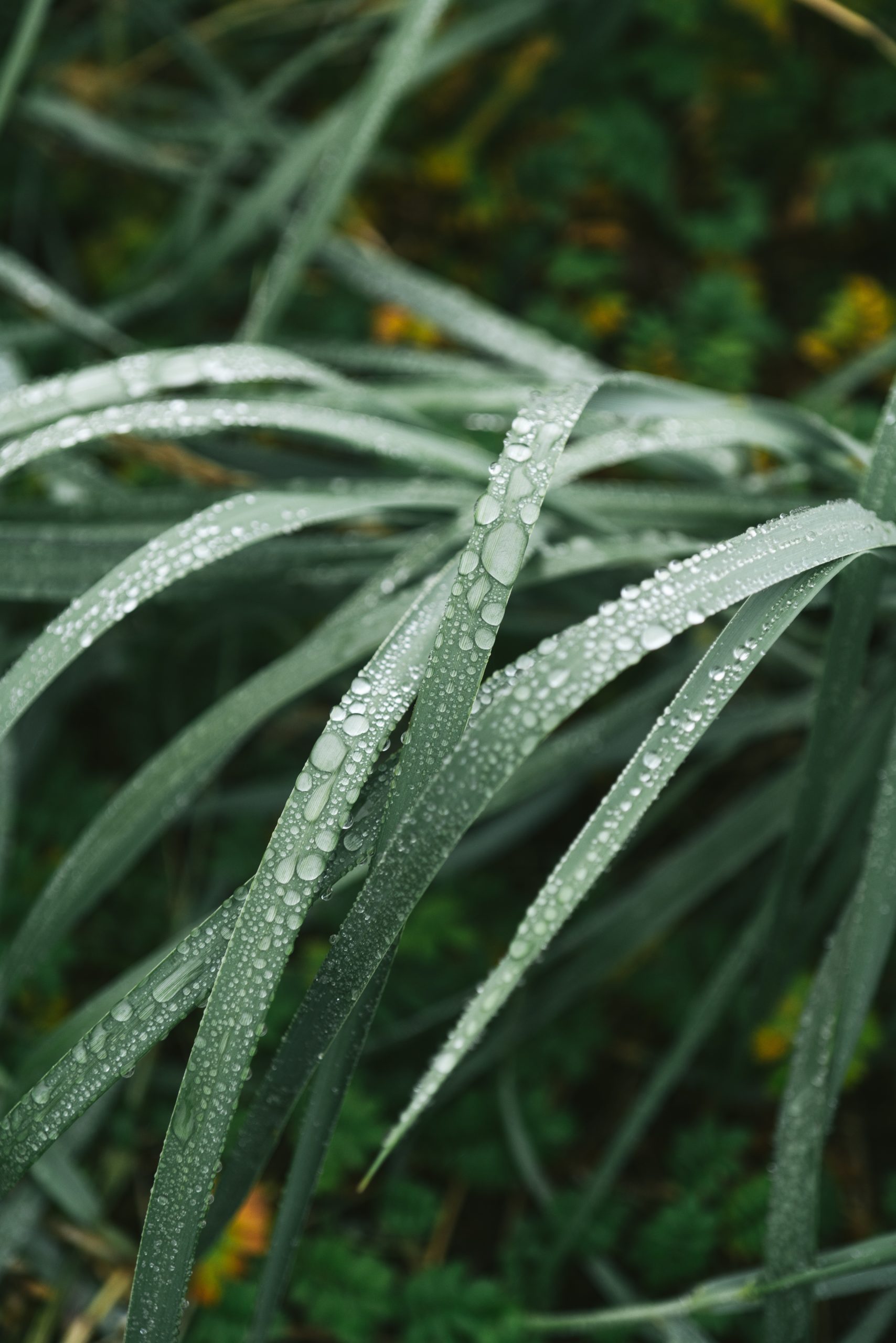I have wanted to chronicle my recent front lawn explorations, but I find it exceedingly difficult to write about the things closest to me. I can, for example, write a poem about the old vacuum, but I struggle to write about the violin, my companion since kindergarten. Now, however, I feel that it is time to remember the events of spring and the touches of summer on my front lawn, to savor everything I feel for the greenery.
After all, I do not know when I’ll find myself there next. When I did find myself on the front lawn, book in hand, blanket of middling aesthetic appeal laid out, my presence there had little to do with intention. I would find myself on the front lawn—a public place at the foot of a secret-filled home, a plea for nature in swaths of suburbia, a plot hardly touched, only for the viewing pleasure of the Kim’s going up and down the driveway—because of impulse, the draw of simple desires.
It started out in March. The end of pre-pandemic routine invited and necessitated a change in lifestyle. I was lucky to be able to take time to breathe, and I approached shelter-in-place with simple goals: recover from my senior year burnout and reconnect with the violin. I was interested in regrowth—what better setting for that pursuit than the lawn, where lavender and hyacinth and rubrum extend their arms beyond their allotted plots? I had always liked picnics but never thought to picnic on my own lawn. So, one afternoon, I gathered what I needed and let the green space fill me.
We were all trying to make sense of reality, and I was fortunate to be able to stay home. Every morning I slept in—there was a tolerance for lethargy in moving through the days—and every afternoon I spent hours outside. It seems, in retrospect, that this was necessary; it was a sort of undoing of my high school life, which had little room for the front lawn, and a becoming of rest, of mindfulness.
I had little sense of time on the lawn. Often I was only aware of my senses themselves. Here, feeling goose-bumped, cold but not enough to grab a sweater. Here, watching Shirley from next door pull her Honda into the cul-de-sac. Here, something bubbling inside me—energy? awe? familiarity?—when reading Frank O’Hara (“and all thoughts disappear in a strange quiet excitement / I am sure of nothing but this, intensified by breathing”).
After a morning spent milling about my house, I would step out and sink into my blanket, feeling the grass prickle below me. I’d look up at the wide sky and exhale and, in that release, realize the shallow breath that had been trapped in my throat until that very moment.
The lawn shapes the way I move through the beginning of my online college experience. I’m obsessive about the little things. When I notice a classmate also stifling a smile during lecture, it isn’t different from discovering that the bush lining half of my house produces pink florets. When my dog enters my room and lies down with his head on my shin, I love the unexpectedly notable feeling of warmth it gives me. Before, I didn’t feel so emotionally attuned to these marvels.
These observations may have little measurable consequence, but they remind me of the vast unknowable world, filled with detail we will never be able to fully attend to. They remind me of what it means to be human—innately curious, associative, and ultimately, small. I think there is rest to be found when we retreat into the self.
One July afternoon sticks out to me. I was on a call with a couple friends—Isaac and Waverly—but we weren’t speaking, just going about our days. On our shared Google Calendar, aptly titled “Productive Pals,” we scheduled a few hours of practice, when Waverly and I would unpack our violins for Barber and Bach; Isaac would hammer out Shostakovich on his cello.
We were creeping up on two o’clock (practice time),but I wasn’t ready to practice. I was writing a poem. My laptop rested on the grass and I was writing in my Moleskine, an upside-down plastic bin as my desk. On the screen I was merely a shadow, swaying tree arms seemingly inches from brushing my outline though they loomed farther above in real life. I wrote; Isaac studied; Waverly was muted, absorbed in dialogue just beyond our grasp.
In reality, I can’t remember what Isaac and Waverly were doing. But these are some of the ways I remember my friends: Isaac’s face aglow from the chemistry textbook on his monitor, the occasional smile—what was he smiling about?—and Waverly’s eyes the glistening shapes of affection as she teased her brother about his new bearded look.
This remains as truth: we were lost in our worlds, our separate worlds, together. Two o’clock passed, but we did not move to get our instruments if only to hold onto the moment a bit longer. I did not cherish the moment so deeply then, but I do in a fuller way now. (I write because I’m bad at goodbyes.)
It was everything I loved about the lawn: not so much the doing, but just being.
It was the embodiment of Larry Levis’ line in “Elegy For Whatever Had A Pattern In It”: “It looked so peaceful, you reading, the bed, the sunlight over everything.” The sunlight was over everything, and the moment was good. We tried to let the goodness stay.

Leave a Reply